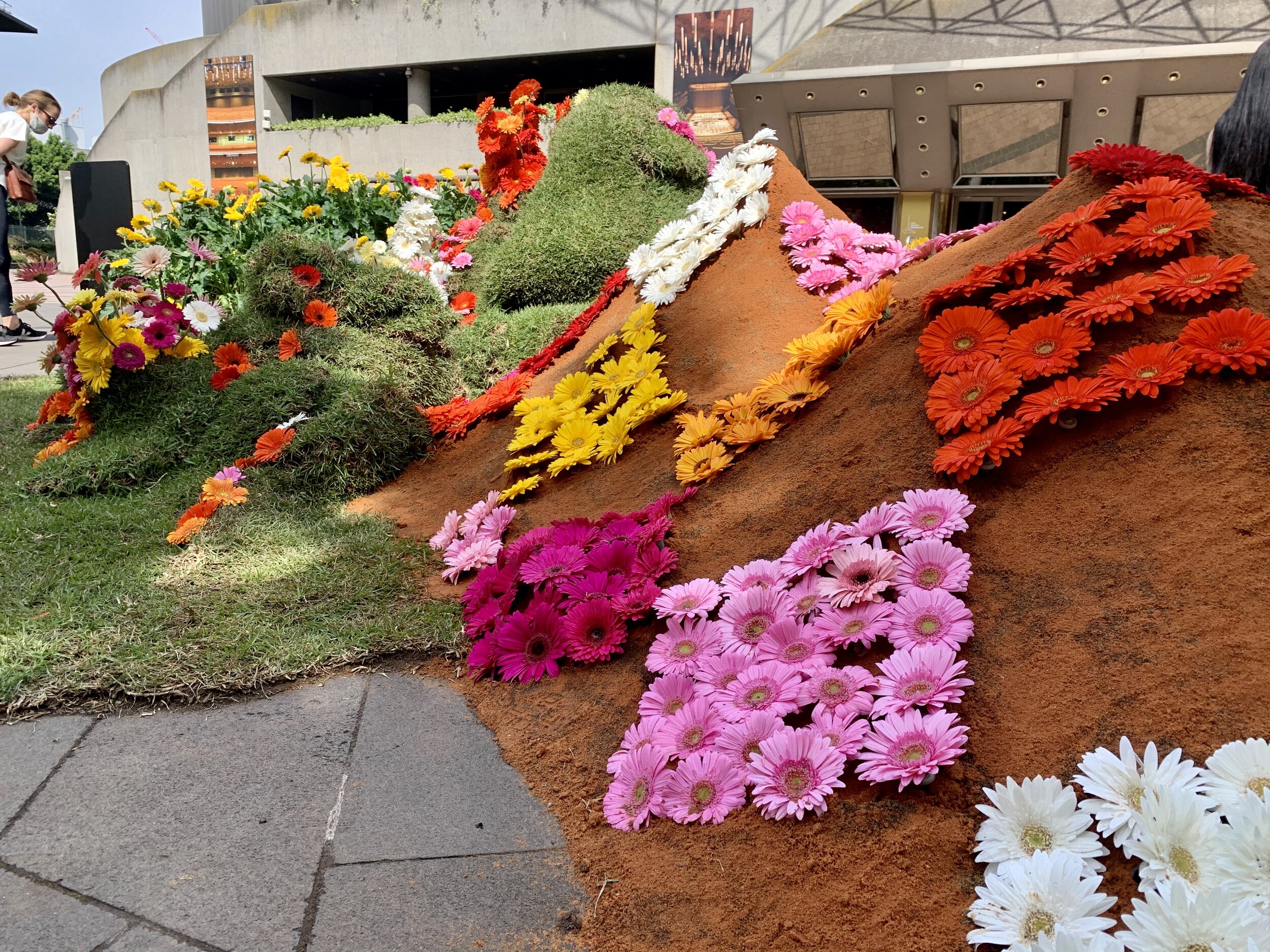Evolving Queensland Citymaking
Perspectives gained during Melbourne’s Covid-19 lock-down.
What was previously a car space along Smith Street in Melbourne is now a space for people to dine safely
Tactical Urbanism, temporary trials, pop-ups and placemaking. These are not new terms. In fact my earliest memories working in the industry was with CoDesign Studio collaborating with local communities to navigate permitting and red-tape on programs such as Play Streets and The Neighbourhood Project. These were programs designed to challenge our traditional systems so community could play a role in bringing places to life with activity. These terms weren’t commonly understood concepts then, but they have certainly made their mark during the Covid-19 pandemic.
Just as revolutionary changes have emerged in the past, the globe is responding to crisis, adapting and responding in creative and innovative ways. Following the lifting of lock-down restrictions in Victoria, we have seen Melbourne streets return to life. You don't have to go far to see a temporary installation designed to bring people out of their homes. From parklets, to temporary cycling lanes, to flower and light installations in CBD laneways, innovation is everywhere. And, it is well supported by local businesses. The City of Yarra recently completed a survey with traders who participated in their Parklet Program. 83% of participants recorded that having a parklet allowed them to continue trading and that 96% were able to keep their staff employed as a result. We are also seeing an overwhelmingly positive response from traders and communities who support the reallocation of parking spots for people.
Images from City of Melbourne’s Urban Blooms installations, supporting florists and encouraging people to visit the CBD
So while no one could have foreseen the impacts of the pandemic, the innovations we have seen in the city-making industry have had those of us in the placemaking industry celebrating. Along with the international placemaking community, our team at Fourfold Studio have been advocating collaborative and rapid techniques to city-making for many years. It has been incredible to witness the role Covid-19 has played in fast tracking the take up of these methods both here and overseas.
In the short space of a year, we have seen Councils rapidly overcome red-tape barriers to implement temporary streetscape activations that support small business. We’ve seen State Governments provide large-scale grant schemes to support Councils to adapt streets to make them friendly for people to socially-distance. There has been a wide-spread uptake on the use of parklets to extend on-street dining allowing patrons to safely support their local traders, temporary extensions to footpaths and pop-up bike lanes to ensure people can commute and move around whilst maintaining social distancing. We have also seen greater connection between neighbours, as people movement was limited to a 5km radius. Covid-19 gave us the opportunity to re-write the rule book. The ground-breaking progress made in just six months is something to be celebrated.
Fourfold Studio is a Queensland based organisation, but I began my journey with the team whilst we were CoDesign Studio based in Melbourne. My Covid lock-down days were spent working remotely from Melbourne on projects across Queensland. During this time, the world didn’t stop in Brisbane or Queensland. It has been full steam ahead and from a city-making perspective, largely business as usual. The delivery of these large scale and permanent projects has been juxtaposed with my personal experience of seeing the revitalisation of Melbourne’s vacated streets with small scale rapid and temporary installations that in terms of impact, are punching well beyond their weight. Queensland has an opportunity to leverage this momentum right now. Let’s apply these tactical techniques to compliment the State’s already established excellent design standard. Let’s bring life back to our suburbs and towns and support small business and creative industry recovery.
A socially distanced talk in a converted carpark discussing ‘Is temporary the new permanent?’
So, from my experience, what first-hand learnings can I share from this global city-making revolution:
Move fast. You may not get it right the first time and that is ok. Be agile and responsive. When you are applying low cost methods the risk is low.
Lead from the top. This has been exemplified by the NSW State Government through their Streets as Shared Spaces project which demonstrated the role government can play in prioritising placemaking and and influencing change from the top.
Work with locals. Pop-ups in isolation are just astroturf and benches. It is local pride and ownership that makes a project successful.
Embrase the digital-world. As demonstrated through projects such as Porch Placemaking, the digital space has an opportunity to connect communities even when we are unable to physically come together.
Share your experiences. We all learn when we share our successes, but just as important are our challenges and the learnings we gain in overcoming them.
Tactical urbanism is about helping people manage change. You can ask a community member for their ideas and you can show them a design on a map, but a tactical urbanism approach allows them to see the potential of a space and experience it for themselves. Best of all; it allows you to iron out the kinks, prior to investing in permanent infrastructure change and brings your community with you on the journey, building local ownership and pride in place. So, as a Victorian, I urge cities to not wait for a global pandemic to trigger change and to learn from Melbourne's experience.




